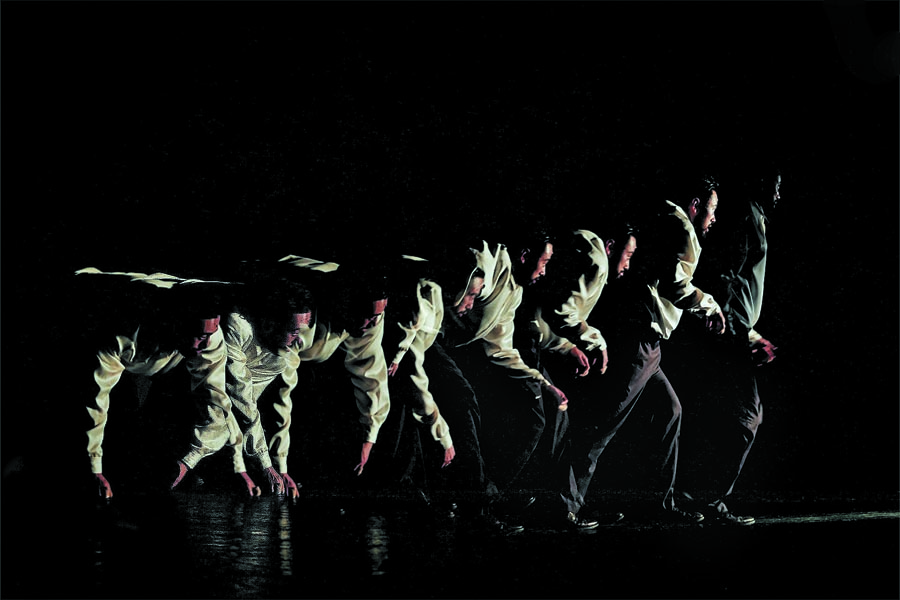Small stage, big show


Highlights include When We Two Parted, which depicts the friendship between two women physicists and is directed by Zhu Hongxuan; one-man play Listen to Your Inner Ape, based on Franz Kafka's 1917 short story A Report to an Academy; and Rossum's Universal Robots, directed by Yang Ting and based on Czech writer and playwright Karel Capek's work in 1920 with the same title.
"The relationship between the audience and performers onstage differs widely between traditional, bigger theaters and smaller venues. In smaller theaters, with less distance between the performers and the audience, there is intense emotion and instant feedback from the audience," says Tao Qingmei, a researcher at the Institute of Literature, Chinese Academy of Social Sciences, who has been doing research on plays for small theaters for decades.
She recalls that she was first introduced to the concept of small-theater production when she watched the avant-garde drama director Meng Jinghui's iconic play titled Si Fan at a small theater at the Central Academy of Drama in Beijing in the early 1990s.
"Everything about small-theater plays was so fresh and unique back then, like the creativity and raw energy. Audiences were excited to watch those plays, which offered a totally different experience from big-budget shows at large theaters," Tao recalls.
























